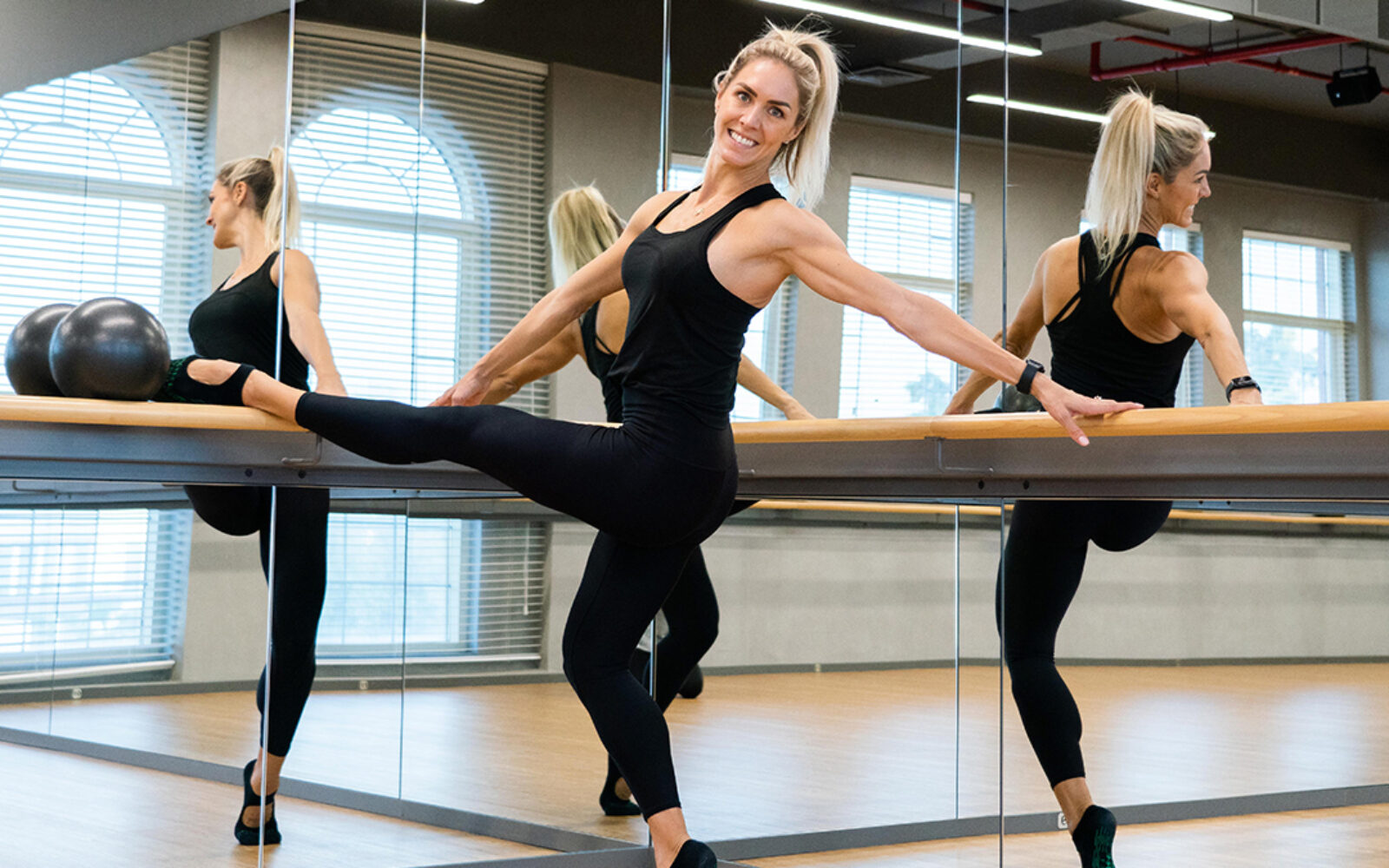Nora Hameidani, founder of Dubai’s award-winning barre studio Barre Effect, shares her expert tips and tricks to working out during Ramadan
Ramadan is a month full of kindness, community and gratitude, as well as a time to detox and reflect. From my experience with Muslim clients, many continue to work out throughout the Holy Month even while they are fasting. Here, I’m sharing six tips for safely maintaining your exercise routine while fasting.
1. Continue With Exercises You Are Already Familiar With
I would not suggest trying a new type of exercise or class during Ramadan; it is better to do something that you are already familiar with. Then, if you need to modify something, you would be comfortable with your options. If you did not exercise prior to Ramadan, I would not advise starting a new exercise programme while you are fasting. A new workout regimen would be a great goal for you to get into once you are back to a normal routine after the Holy Month has passed.
View this post on Instagram
2. Take Regular Breaks
Listen to your body. If you are starting to feel faint or dizzy, it is best to take a break and then start again once you feel strong enough to continue. You want to always feel in control and stable while you are exercising.
3. Tailor Your Workout To Your Energy Levels
Your workout is personal, so try out different times throughout the day to see what is best for you while you are fasting. Are you able to work out first thing in the morning with a full day of fasting ahead of you? Is it better to work out at the end of your fast, then break it right after? Or do you need to first break your fast then have your workout? Assess when you feel the strongest and can get the most out of your workout.
View this post on Instagram
4. Opt For Low-Impact Exercises
Since your balance might be a bit off and your energy levels are shifting, it’s important to pick a type of exercise that is controlled and safe. Barre, for example, is a low-impact workout which would be appropriate to continue even if you are fasting. There is no jumping, and the class is form-oriented, so you are always in control of your body and the speed or the movements. The lights remain on throughout the workout, with the teacher trained to give constant feedback and corrections, so it is a well-supervised environment and we do not use heavy weights or machines, so there is no risk of injury due to fatigue.
5. Don’t Compare Yourself To Others
Fasting is a major adjustment and will affect your workout. It’s best to remember this and try not to judge yourself harshly – the fact that you are still working out is a huge accomplishment! Others in your class may not be fasting and would therefore have more energy, so focus on yourself and how you feel and celebrate that you can still maintain your fitness.
View this post on Instagram
6. Bring A Family Member Or Friend Along
It is common to feel tired while fasting, so you would be more likely to cancel a planned workout. Scheduling with someone will help you to stay accountable and it is likely to be more fun to do it together! Book a class
Read Next: How To Tailor Your Workout Around Your 9-to-5
- Words by Nora Hameidani





